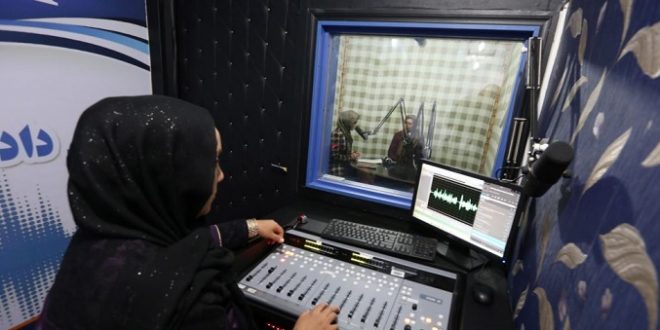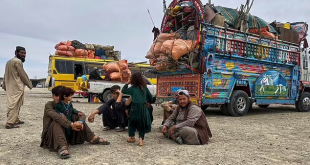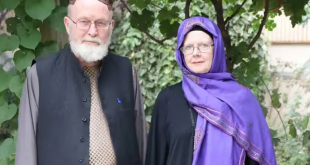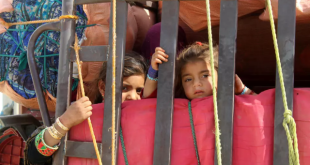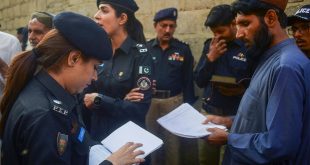AT News
KABUL: The Afghanistan Journalists Safety Committee voiced concerns over the Taliban violence and intimidation against the media family.
The AJSC said in a statement to Afghanistan Times that the insurgents “committed acts of violence, intimidation and bullying against many journalists in the past two weeks—something that AJSC strongly condemns.”
On August 1, 2021, Shakib Shams, a local reporter for Salam Watandar, and Satorie Karimi, a reporter for Pajhwok Afghan News were shot at and bullied by the Taliban while covering the battlefiled in Heraat province. The Taliban stopped their vehicles, shot several bullets at them and arrested them afterwards. The Taliban commander responsible for the arrest forced the journalists to interview him and then released them with the condition that the reporters must publish his interview.
On August 3, 2021, Maiwand Mirdanei, head of the political programs of Radio and Television Afghanistan (RTA) in Helmand province, was arrested by the Taliban on the road between Helmand and Kandahar and was released after AJSC’s intervention. On August 8, 2021, Sefatullah Zahedi, head of the local radio station Sokun in Helmand was threatened to death by the Taliban-affiliated social media accounts, accusing him of propagating propaganda in favor of the government. The post stated that Mr. Zahedi has been pardoned by the group after accepting remorse for his mischief. Also on the same day, Nematullah Hemmat, the head of Radio Bost in Helmand, was arrested by the Taliban for publishing a report, which accused the Taliban of releasing water of Kamal Khan Dam to Iran. He is still in the Taliban detention.
On August 8, Toofan Omari, the owner, and head of Sada-e Paktia Media Center and a prosecutor was assassinated in Deh Sabz district of Kabul. Although no group has claimed responsibility for the murder, the Taliban have committed similar acts of assassination of prosecutors and journalists in the past.
In the latest incident, the Taliban yesterday summoned a number of Takhar provincial journalists and instructed them to tailor their publications based on the instructions of the group, otherwise, facing serious consequences.
AJSC believes that all forms of violence and harassment of journalists are transgression of freedom of expression and stand contrary to the International Covenant on Civil and Political Rights, the Declaration of Islamic Human Rights, and Geneva Conventions. Violence and harassment of journalists are considered an international crime under the Rome Statute.
It is noteworthy that such violence is in direct contrast to the official statements made by the Taliban leaders. The continuation of such a situation, in addition to undermining press freedom and journalists’ safety, will further isolate the Taliban among the country’s media community. The Taliban must understand that freedom of expression finds meaning in the presence of criticism, disagreement, and the publication of facts.
AJSC urges the Taliban to stop such acts of violence against journalists so that journalists can work in a safe environment free from violence, aggression and bullying. AJSC also calls on the United Nations and the international community to increase their diplomatic pressure on those who violate freedoms of press and expression. These are some of the most significant gains of Afghanistan which need to be protected.
 Afghanistan Times
Afghanistan Times
